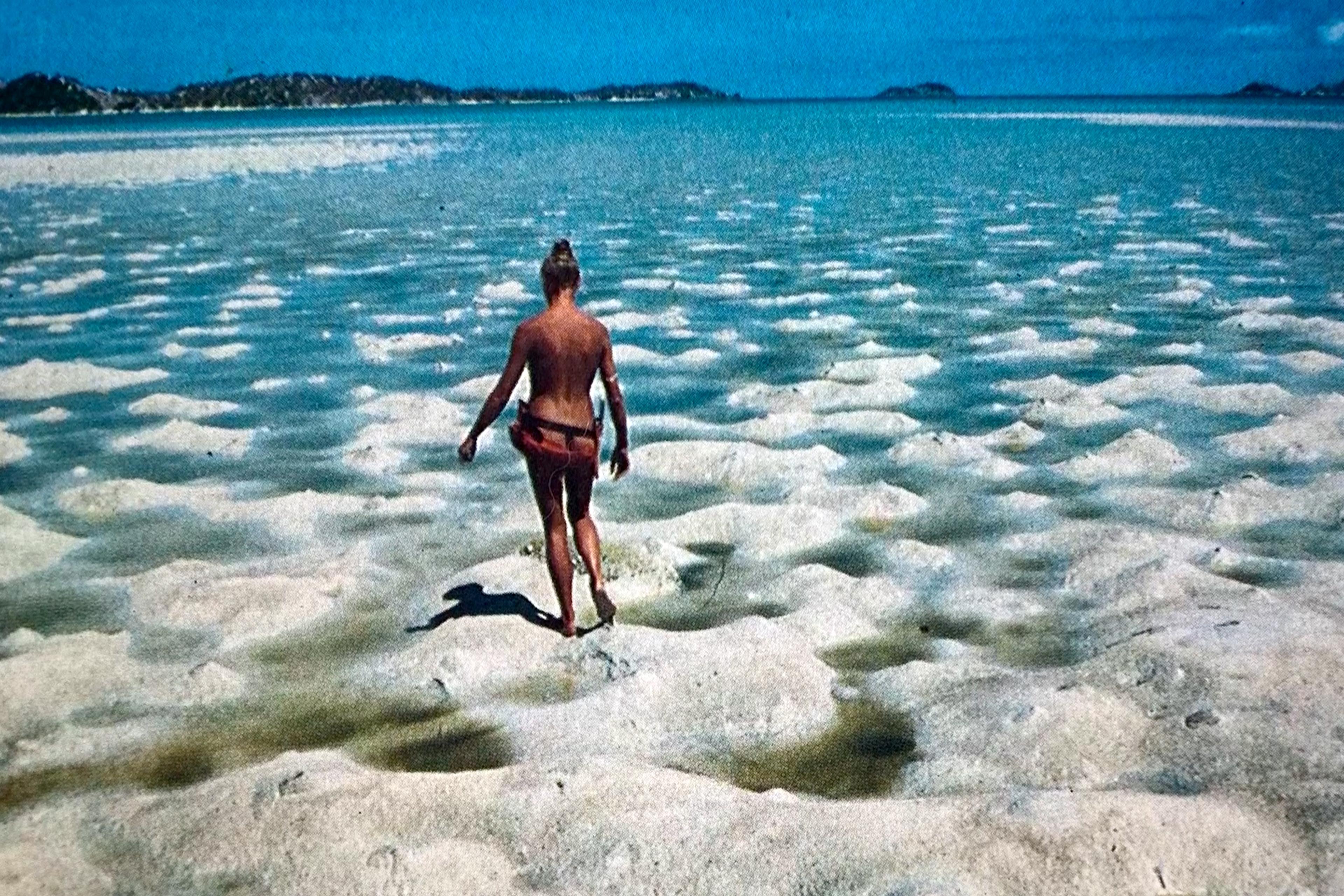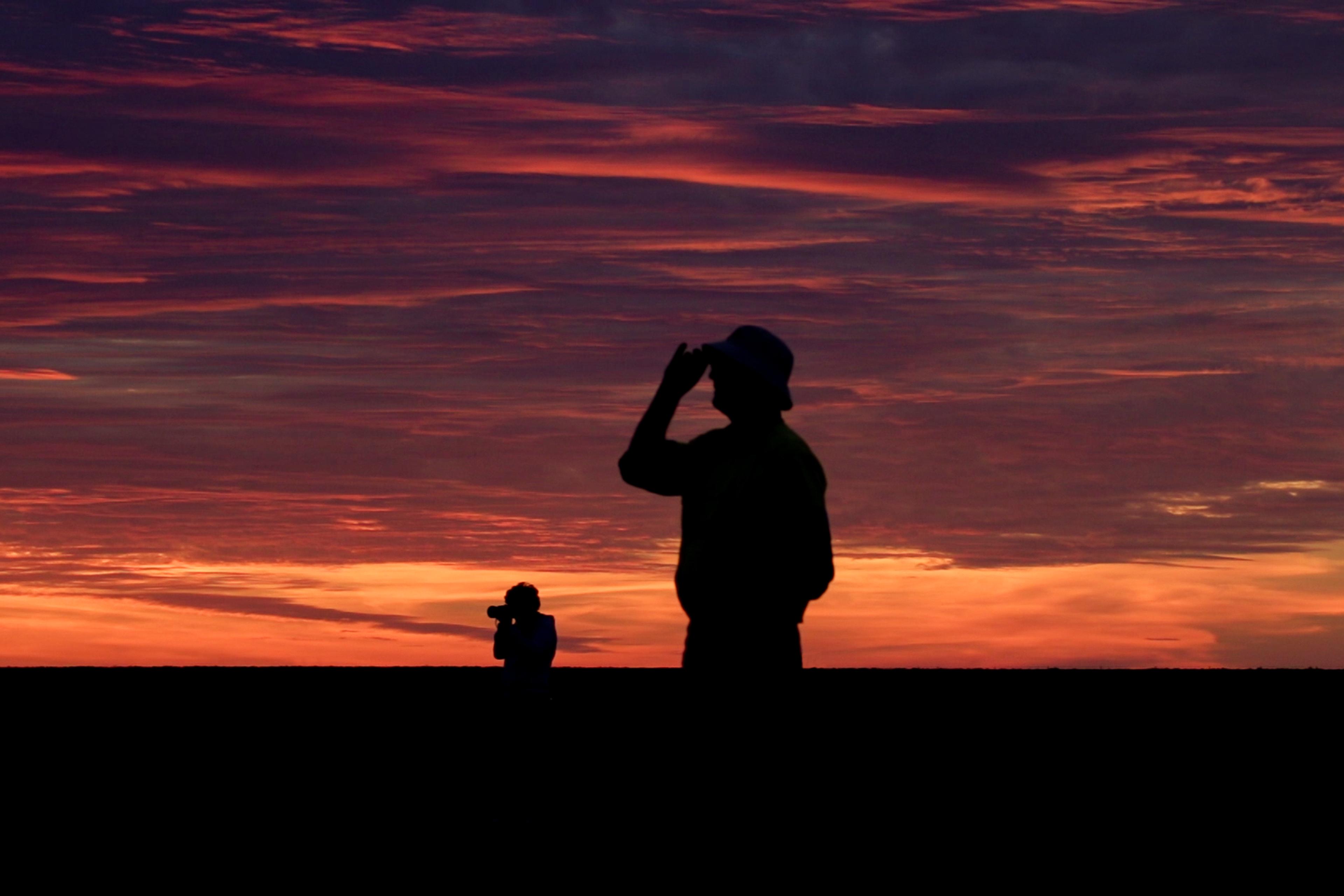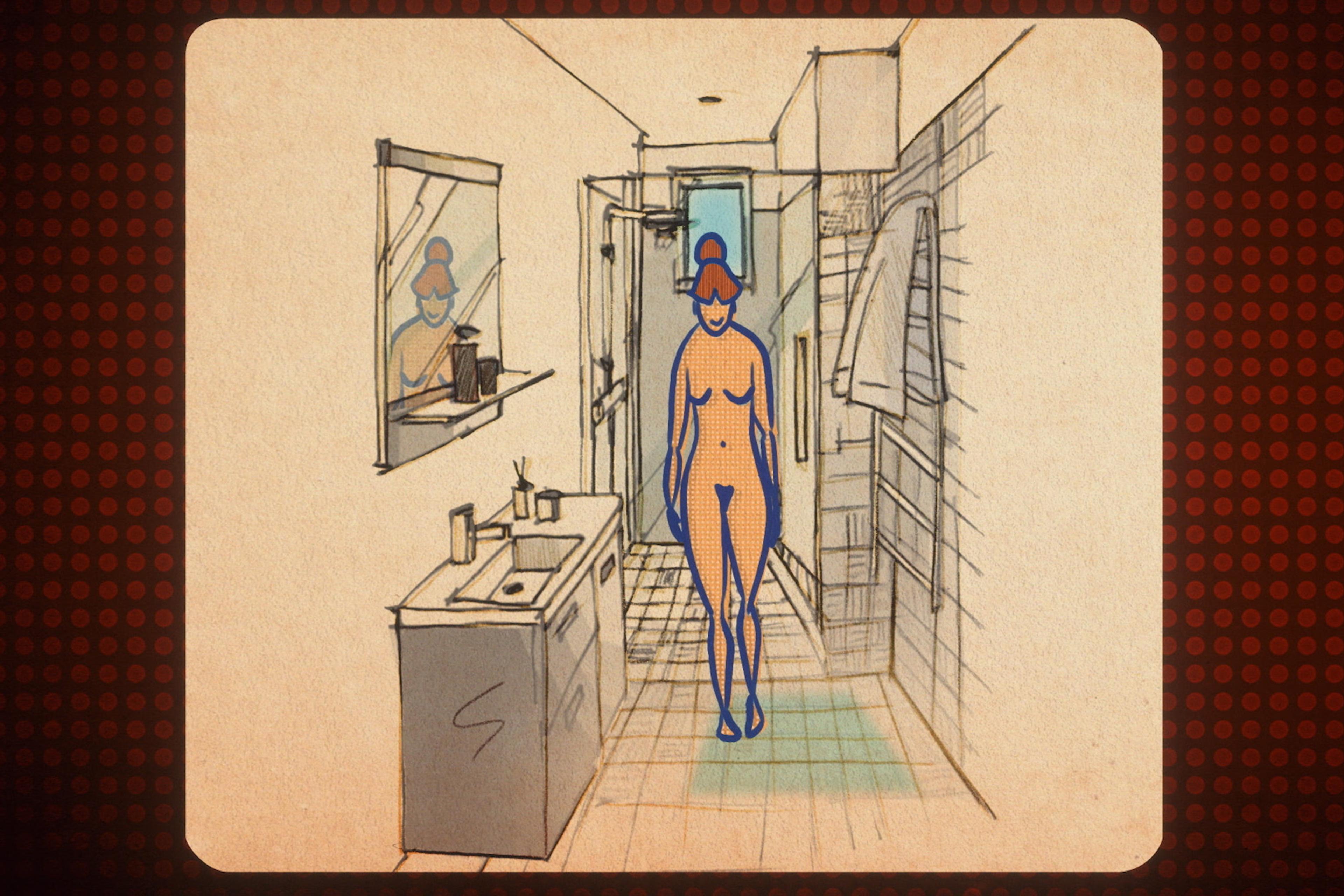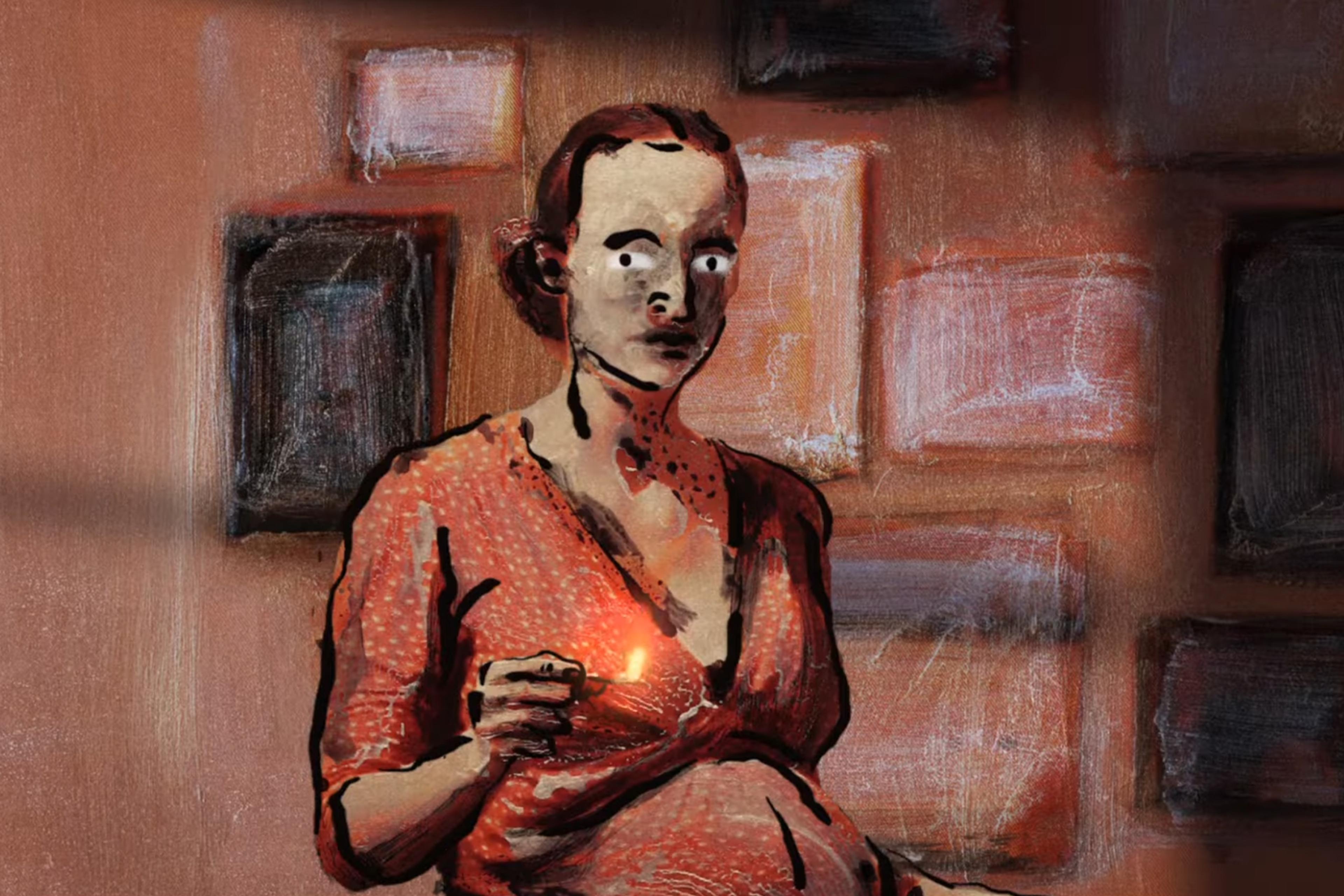Jack Powers was incarcerated in 1990 following a conviction for bank robbery. In prison, he witnessed a murder and received death threats for testifying against the perpetrators. The experience left him with post-traumatic stress disorder. The next 33 years of his life would be defined by a long and excruciating series of prison transfers and heinous neglect of his diagnosed mental illness, including 12 years in extreme solitary confinement. Amid his struggle to stay alive in these cruel conditions, Powers also embarked on a regimen of self-improvement and activism, becoming an important voice in the prison reform movement from behind bars. In 2022, Powers was finally released and he set out to start his life anew.
A film commissioned by the organisation Solitary Watch, which fights against the widespread use of solitary confinement in the United States, Tuesday Afternoon (2022) follows Powers in the first hours following his release as he travels from a prison in Pennsylvania to a halfway house in New Hampshire. In the US director Pete Quandt’s sensitive hands, this piece of activism transforms into a stunning work of art, as moving and masterful as any short documentary in recent memory. With a delicate observational approach, Quandt captures Powers as a man emerging from a place where ‘time just stands still’ and into a cacophonous, overwhelming and often beautiful world of freedom.
Quandt mines emotion from every frame, his lens lingering on Powers as he moves through his new life with a combination of trepidation, awe and near-disbelief. Eschewing the saccharine score a lesser filmmaker might have used to tug at the heartstrings, Quandt instead centres the sounds most of us take for granted. Through Quandt’s intimate filmmaking and Powers’s wide eyes, even the smallest developments feel momentous. In the opening scene, Powers is shaken by the whizz of traffic moving down the freeway. Later, the splash of his body in water as he swims in a lake, the chirping of a small frog held gently in his hand, and even the crunch of a knife moving across toast ripple with resonance, helping the viewer access his heightened sensory experience. Dropped into Powers’s life without narration or context, and with his backstory only emerging in fragments of conversation, the viewer, like the subject, is left to absorb every detail to make sense of the scene they’ve entered.
This subtle vérité style also elevates the truly enormous events that follow Powers’s release, including a heart-wrenching moment in which Powers spreads his son’s ashes and a touching, tearful reunion with his mother. As activism, it makes a quiet yet powerful argument for the dignity of incarcerated people – their right to be treated decently, and their capacity to change. As a work of art, it challenges the viewer to tune in to their own world as if for the first time, reconsidering all of the instances of beauty and poignance – small and vast – that surround us.
Written by Adam D’Arpino







